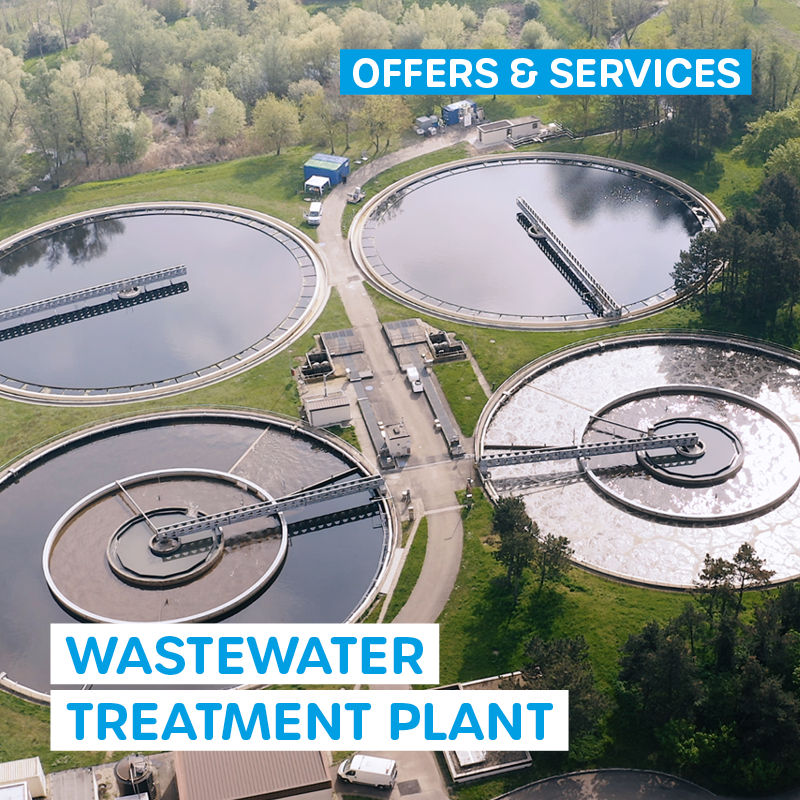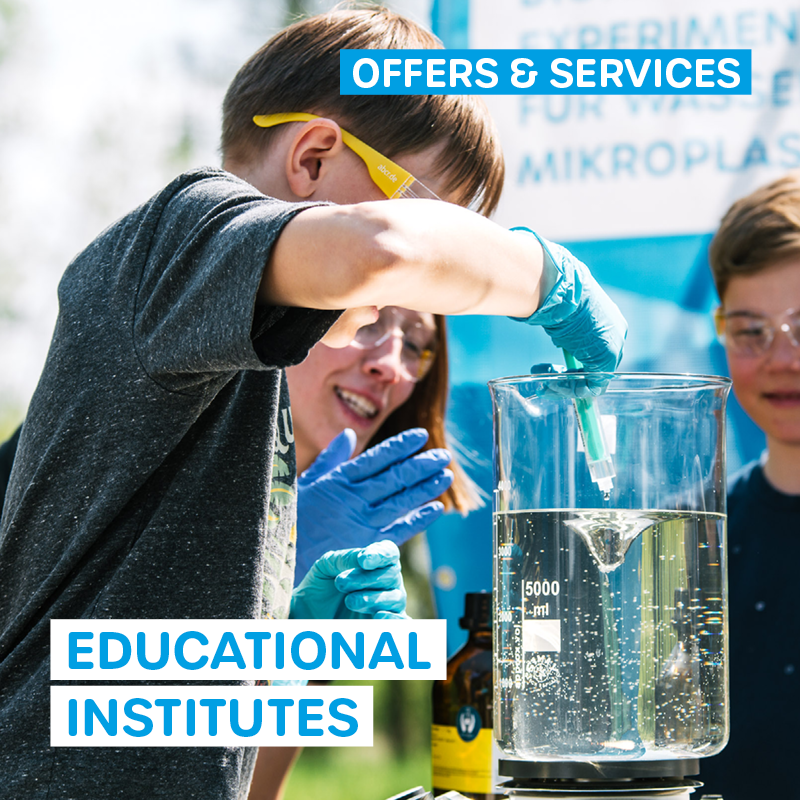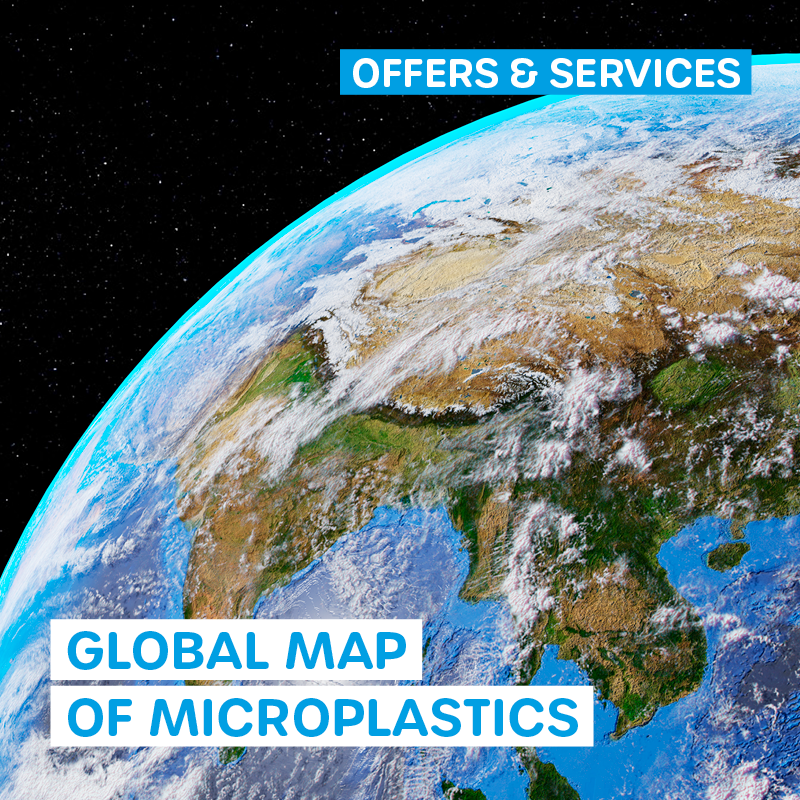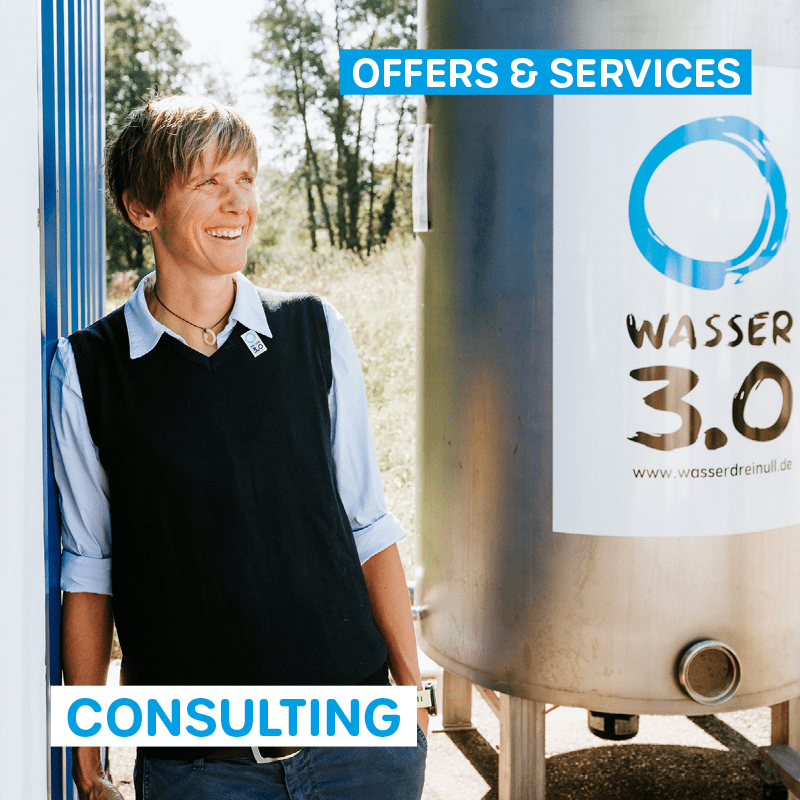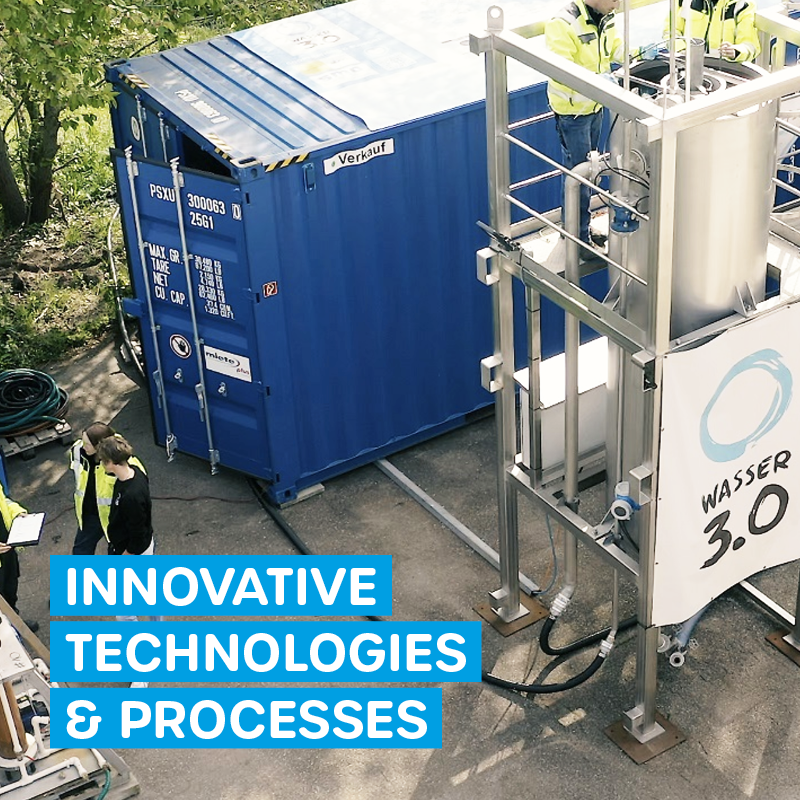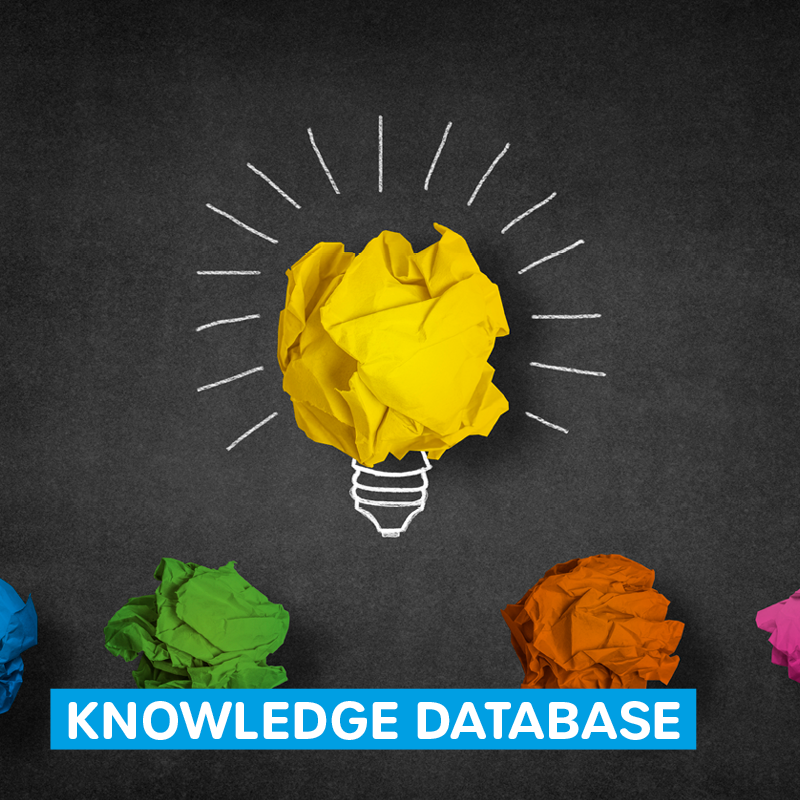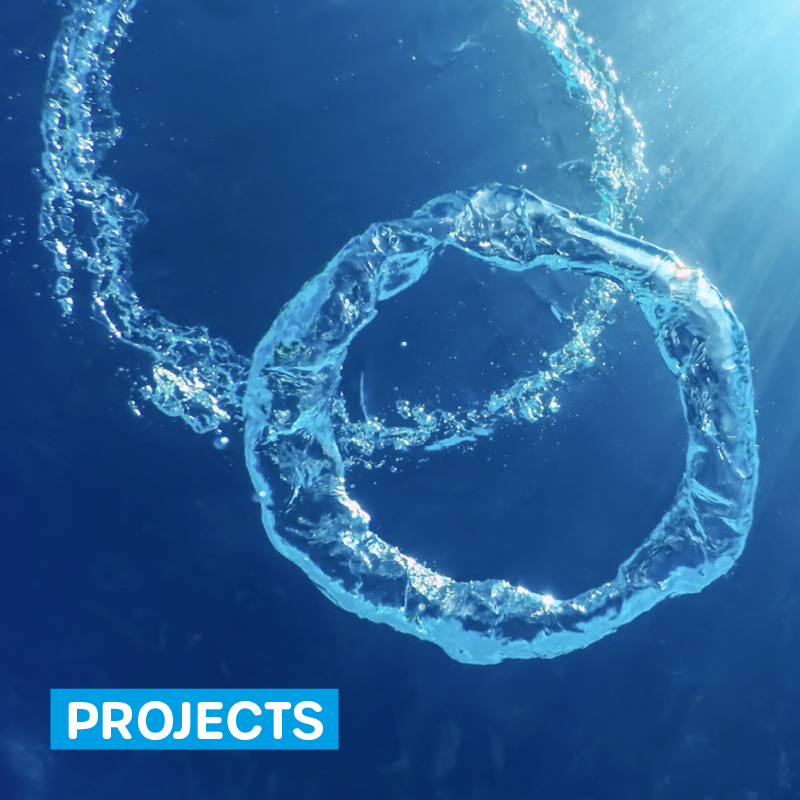Offers & Services
Why? Because water concerns us all.
We offer a variety of opportunities for collaboration in the areas of microplastic analytics, innovation transfer and technologies, as well as in research and education for water without microplastics.
Benefit from our interdisciplinary expert knowledge, and our network and our drive for economically and ecologically sound solutions for water without microplastics and micropollutants.
Let us become work together to achieve the UN Sustainable Development Goals!
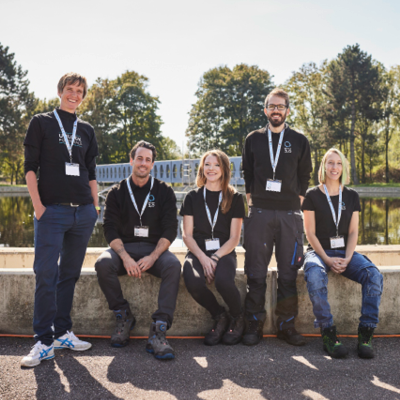
© Wasser 3.0

